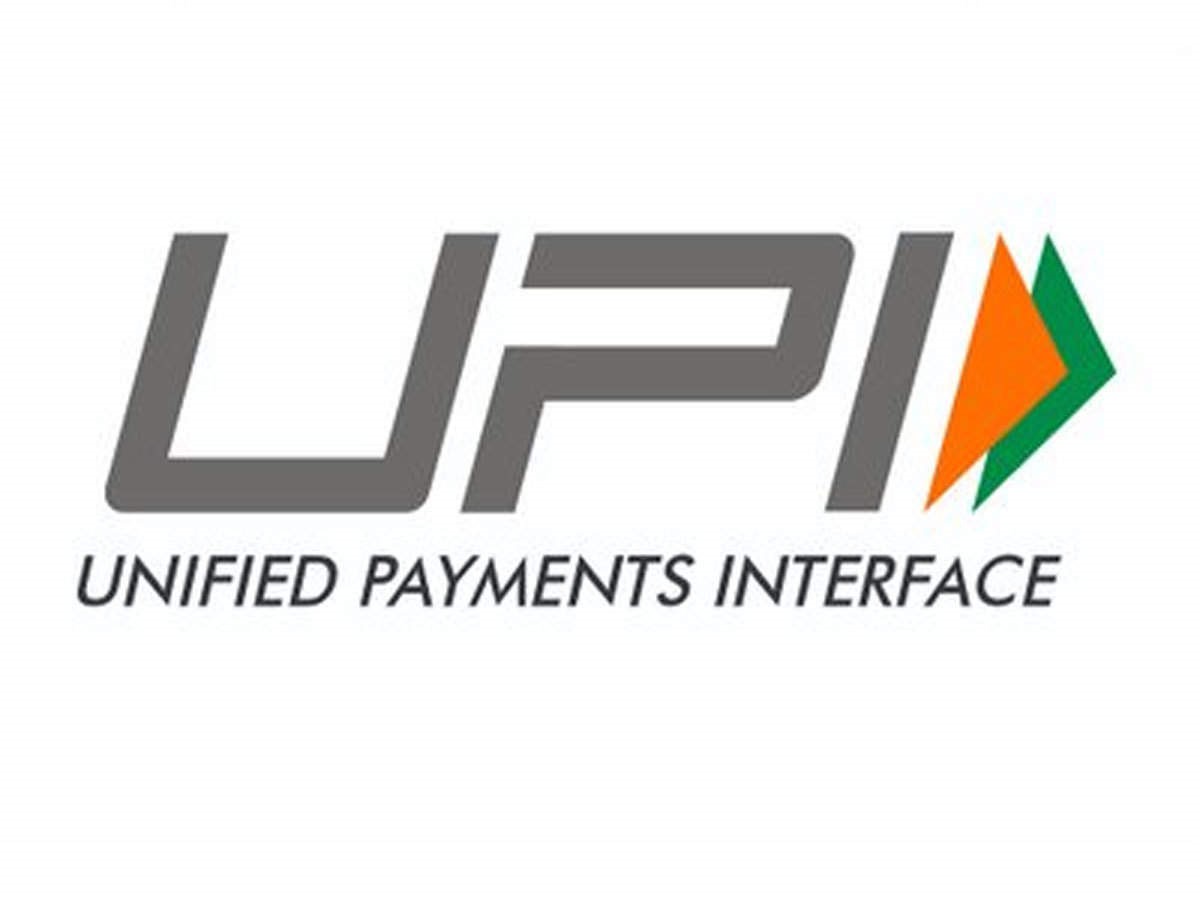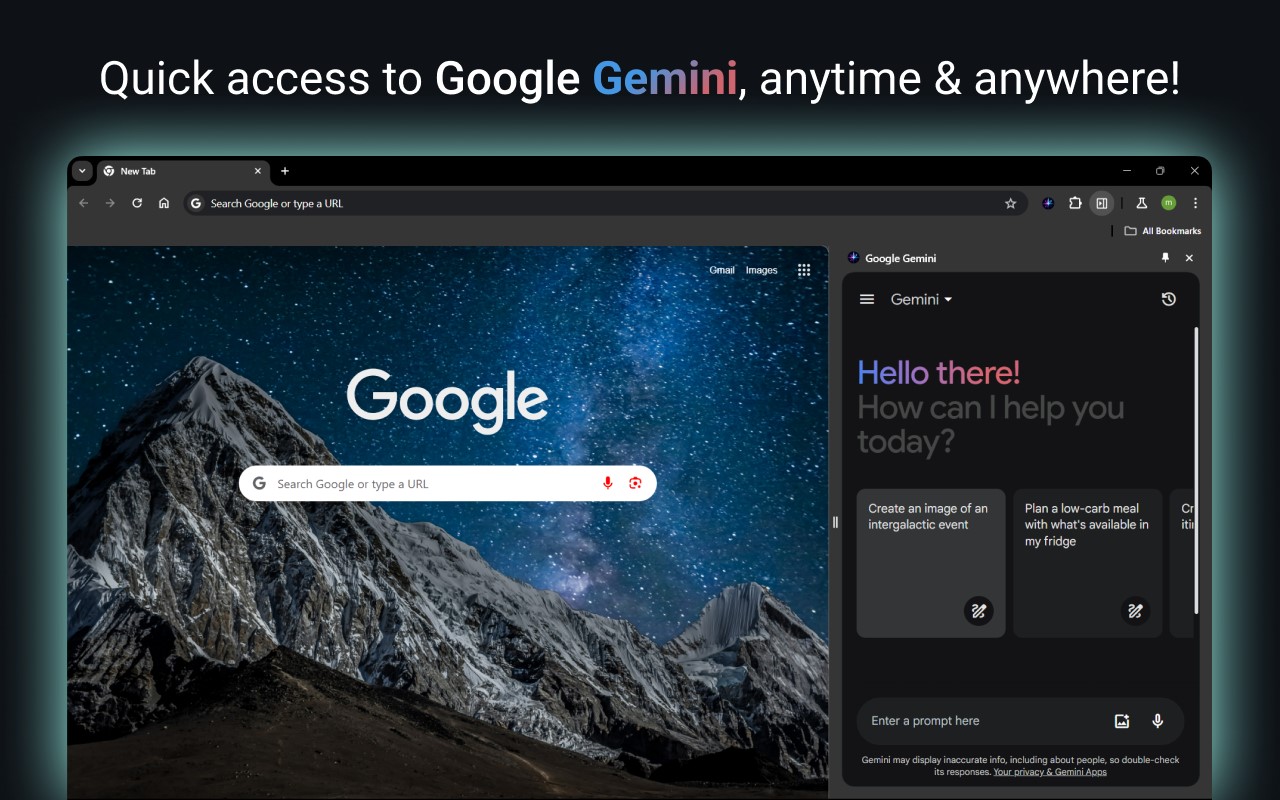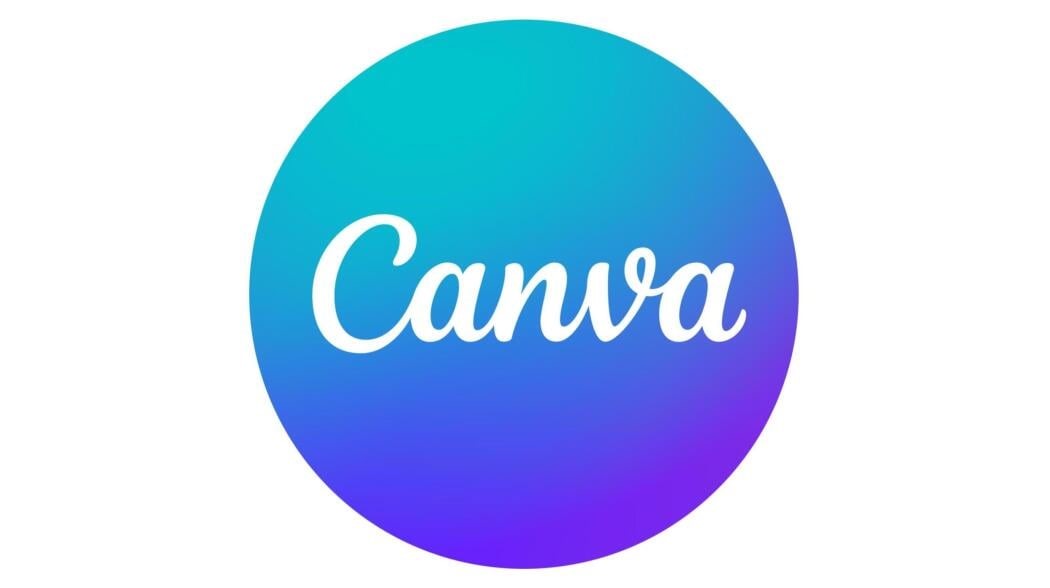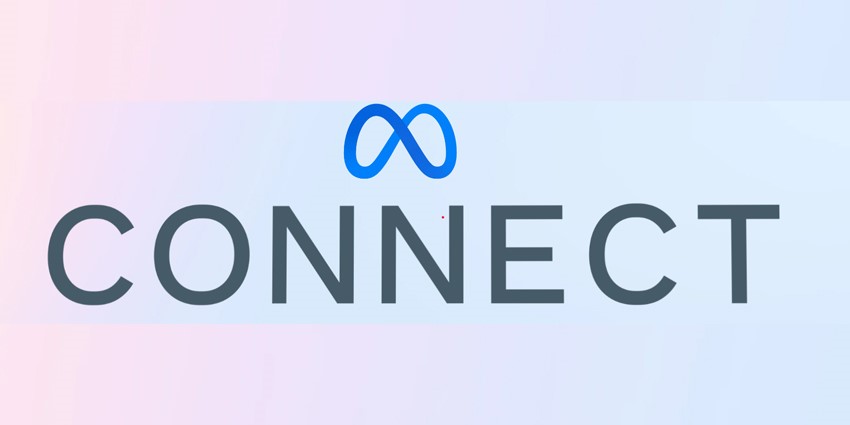Will UPI's Popularity Decline if Transaction Fees are Introduced?
Unified Payments Interface (UPI) has revolutionized digital payments in India, making transactions seamless, fast, and most importantly, free. However, a new wave of concern is emerging as several surveys indicate that a significant portion of UPI users might reconsider their usage if transaction fees are introduced. Recent studies by various organizations reveal a stark warning for the future of this beloved payment system.

Figure 1. UPI.
Key Findings From Recent Surveys
Survey by LocalCircles: According to a study by LocalCircles, nearly two-thirds of UPI users (66%) in India would consider stopping the use of UPI if transaction fees are introduced. The survey included 80,000 participants from different socio-economic backgrounds, highlighting a possible widespread impact on UPI's current user base. Figure 1 shows UPI logo.
Zee News Poll: Another survey reported by Zee News showed similar results, with 3 out of 4 UPI users (75%) indicating that they would likely stop using UPI if any kind of transaction fee is implemented. This survey brings attention to how transaction fees, no matter how small, could disrupt the current ecosystem [2].
Times of India Findings: A Times of India report echoed these sentiments, with 75% of UPI users asserting that introducing transaction fees would lead them to shift to other payment methods. This would be a significant blow to the digital payment space, which has flourished largely because UPI transactions are cost-free [3].
UPI's Massive Success – Built on Zero Transaction Fees
UPI has grown exponentially in India, emerging as the go-to platform for digital transactions. From small neighborhood shops to high-end retail stores, UPI is widely accepted across the nation. As of 2023, UPI processed over 10 billion transactions monthly, making it the backbone of India's digital economy [1].
The absence of transaction fees is one of the primary reasons UPI has managed to achieve such massive adoption. Whether sending money to a friend, paying for groceries, or settling utility bills, the ease and zero-cost nature of UPI transactions have made it an attractive option for millions.
What Would Happen if Transaction Fees Are Introduced?
The introduction of transaction fees could have several consequences:
User Drop-off: As the surveys indicate, anywhere from 66% to 75% of current users might stop using UPI altogether if fees are imposed. This would likely push them back to traditional payment methods such as cash or cards, or other digital wallets that might offer fee-free transactions.
Financial Inclusion Impact: UPI's cost-free model has been crucial in driving financial inclusion. Millions of small traders, laborers, and rural populations who have embraced UPI may revert to cash if they are unable or unwilling to pay fees for digital transactions.
Possible Shift to Other Platforms: Digital payment systems like Paytm, Google Pay, and PhonePe, which currently rely on UPI infrastructure, could also witness a drop in usage, especially if alternative payment modes (like card-based payments) offer competitive pricing.
Potential Reasons for Transaction Fees
Why would transaction fees be introduced in the first place? UPI transactions, while free for users, incur costs for banks and payment platforms. With increasing transaction volumes, managing these systems requires significant infrastructure investment. Banks and service providers are lobbying to impose nominal charges to cover these operational expenses.
While the government has been reluctant to introduce fees on UPI transactions, citing its importance in fostering a digital economy, the ongoing debate indicates that some form of transaction fee might eventually be on the horizon, even if it is minimal.
Conclusion: Is UPI at Risk of Losing Its Dominance?
If transaction fees are introduced, UPI may face a significant decline in its user base. The fact that nearly three-fourths of users could abandon the platform underlines how critical the "free" aspect is to UPI's continued success.
With UPI being a central player in India's transition to a cashless economy, imposing fees could unravel years of progress in digital payments. It's a delicate balance—while service providers and banks need sustainable models to manage UPI's rapid growth, the imposition of transaction fees may hinder the very growth the system was designed to promote.
The Indian government, along with financial institutions, will need to carefully weigh the pros and cons of such a move. For now, UPI remains free, and the conversation around transaction fees continues to be one of the most crucial discussions in India's digital financial landscape.
References:
- https://www.businesstoday.in/technology/news/story/two-thirds-of-upi-users-in-india-may-stop-using-it-if-transaction-fees-are-introduced-survey-446986-2024-09-23
- https://zeenews.india.com/personal-finance/3-in-4-upi-users-to-stop-using-it-if-transaction-fee-is-introduced-survey-2797372.html
- https://timesofindia.indiatimes.com/technology/tech-news/75-of-users-to-stop-using-upi-for-payments-if-/articleshow/113589969.cms
Cite this article:
Hana M (2024), Will UPI's Popularity Decline if Transaction Fees are Introduced?, AnaTechMaz, pp. 194















